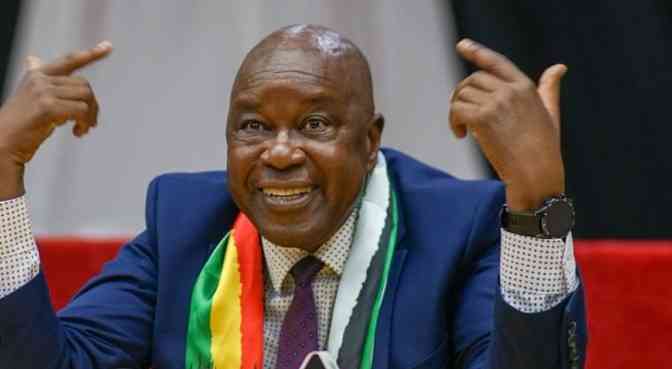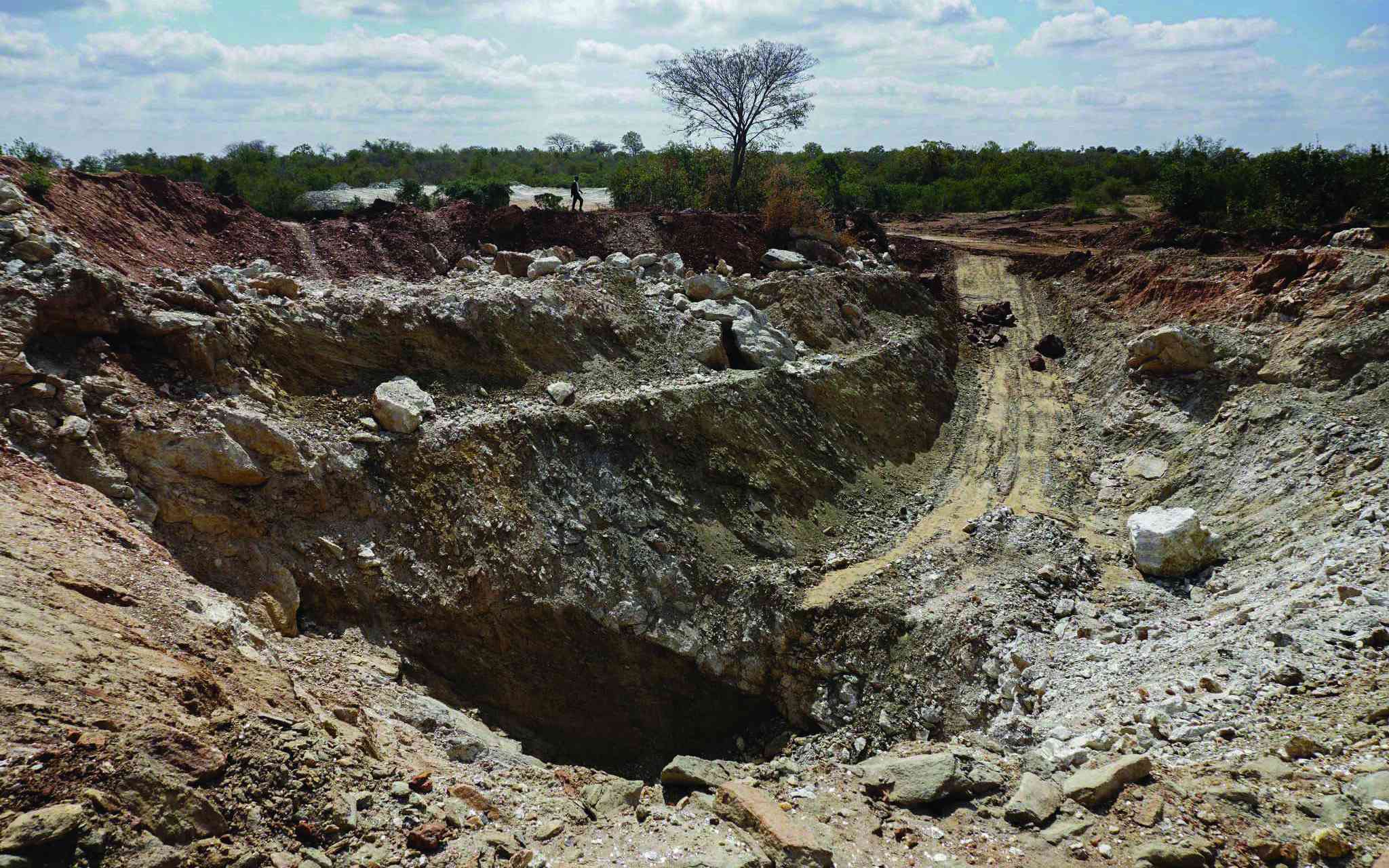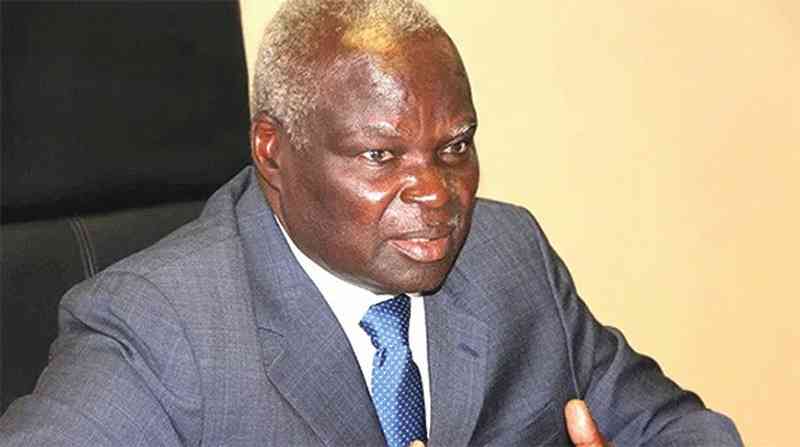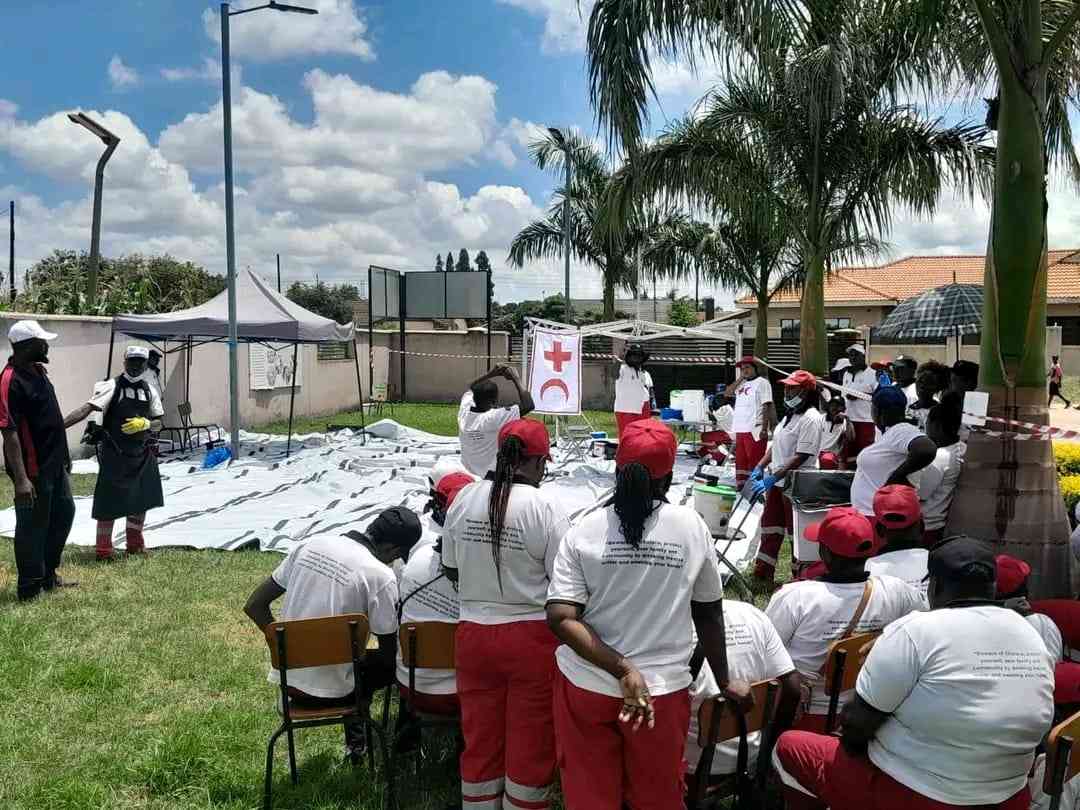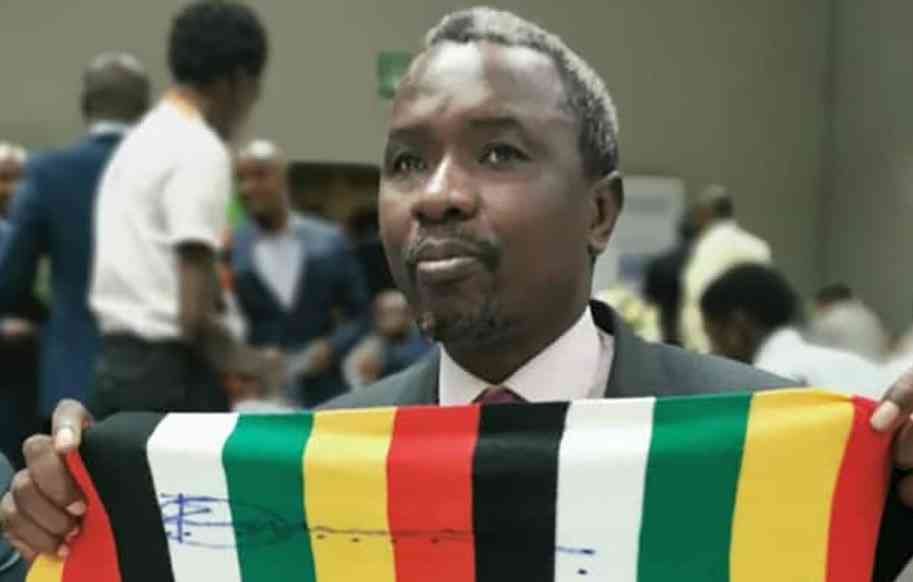
The much-hyped takeover of the Zimbabwe Iron and Steel Company (Zisco) by Kuvimba Mining House has failed to change the fortunes of the steelmaker amid allegations that the firm linked to businessman Kudakwashe Tagwiirei is on an asset stripping orgy.
Zisco workers are said to have gone for 10 months without salaries even after bold promises that Tagwirei’s takeover of the Redcliff-based former steel behemoth would result in a quick turnaround.
Kuvimba took over Zisco two years ago after clinching a management contract from the government in a move the authorities said marked the beginning of a long-awaited resuscitation of what used to be Africa’s largest steelworks.
The government picked Kuvimba under controversial circumstances ahead of international companies after Finance minister Mthuli Ncube railroaded the Zisco board to endorse the takeover by the Tagwirei-linked mining outfit.
Cabinet claimed the decision was reached after an intense technical and financial assessment by the Zimbabwe Investment Development Agency (Zida).
Six companies including Kuvimba, had expressed interest in reviving Zisco.
Others were Mhare Resources (Pvt) Ltd, PAI Capital, Epikaizo Capital (Pvt) Ltd, Sebeuzani (Pvt) Ltd, and Africa Ferric Industrial Company (AFRIC).
Under the management agreement, Kuvimba was supposed to inject US$300 million in new capital to kick-start the rebuilding of the steelworks while around US$1 billion would be raised organically from the commercialisation of Zisco mining activities.
- Feature: Revolving door of Zim's mining investment keeps on spinning
- Nzenza speaks on Zisco
- BNC promises full disclosure to investors
- Govt blocks small-scale miners from lithium fields
Keep Reading
However, the much-touted revival of the sleeping giant turned out to be a nightmare, especially for Zisco workers who have now gone 10 months without pay.
This is despite the fact that Kuvimba is selling stockpiles of iron and breaking a disused plant to dispose of the steel, insiders have revealed.
The money realised from the alleged asset stripping is not being injected into the business, the sources said.
Kuvimba has also failed to inject the US$300 million it promised.
“Kuvimba has cut down all the soaking pits and sold the steel to a Chinese mini mill in Msasa, Harare,” one of the insiders said.
Soaking pits are plants used to further process raw steel into billets and blooms.
The soaking pits form part of the line of production Zisco says is no longer needed.
“They have sold over 1000 tonnes. Some of the steel was sold to a company owned by Kuvimba,” added the source.
“A tonne of steel is around US$240 and none of what was realised was paid to the workers.
“Instead of investing, Kuvimba is stripping the Zisco assets.”
The steel was sold between November 2023 and January 2024. Zisco has more than 200 workers.
Kuvimba is also alleged to have sold about 5.8 million tonnes of ore to Dinson Iron and Steel Group, a Chinese steel company based in Mvuma, which also produces steel.
The iron ore costs US$30 per tonne and that means Kuvimba raised as much as US$174 million from the deal.
Before the Kuvimba takeover, Zisco was sitting on 800 000 tonnes of iron ore fines while Bimco Ripple Creek, a mining arm of the giant iron and steel company had five million tonnes of the same.
The insiders said Kuvimba has not invested anything in Zisco and the mining equipment, which they displayed when Vice President Constantino Chiwenga visited the mine, has since been removed.
The equipment was supposed to resuscitate Zisco’s mining arm, Bimco.
Kuvimba is said to be planning to sell limestone to Dinson, which has only iron ore claims and doesn't have limestone which is a critical component in the blast furnace to remove impurities.
Kuvimba holds some of Zimbabwe’s best mining assets that were once owned by Tagwirei.
The government has been coy about how it took over the assets from the tycoon amid speculation that it was a way of shielding them from United States and United Kingdom sanctions.
Tagwirei is under UK and US sanctions for alleged corruption and “state capture”.
Last month, there were revelations that the government’s sovereign wealth fund – the Mutapa Investment Fund — had acquired Kuvimba to end speculation about its links to Tagwirei.
The controversial Mutapa Investment Fund is said to be the brainchild of Tagwirei, which he uses to shield his assets from sanctions.
Companies listed under the Mutapa fund are exempted from following procurement regulations and development critics say it is a way of hiding their procurement processes from public scrutiny and allowing looting and arbitrage.
In recent years, Kuvimba has controversially acquired gold mines, Fidelity Printers & Refineries, First Mutual Life, two banks, Zim Alloys, and BNC in opaque privatisation deals involving the Zimbabwe Mining Development Company done outside Parliament.
Kuvimba CEO Issac Machingambi refused to answer any questions when contacted for comment.
“I am new to the job and it will be unfair to comment on anything,” Machingambi said.
A month ago, the US likened Tagwirei to the notorious Gupta brothers, who gained notoriety for being the alleged architects of state capture in neighbouring South Africa.
He was among the 11 individuals, who were targeted in the fresh sanctions imposed by US President Joe Biden under the Global Magnitsky Human Rights Accountability Act sanctions programme on allegations of corruption and abuse of human rights.

